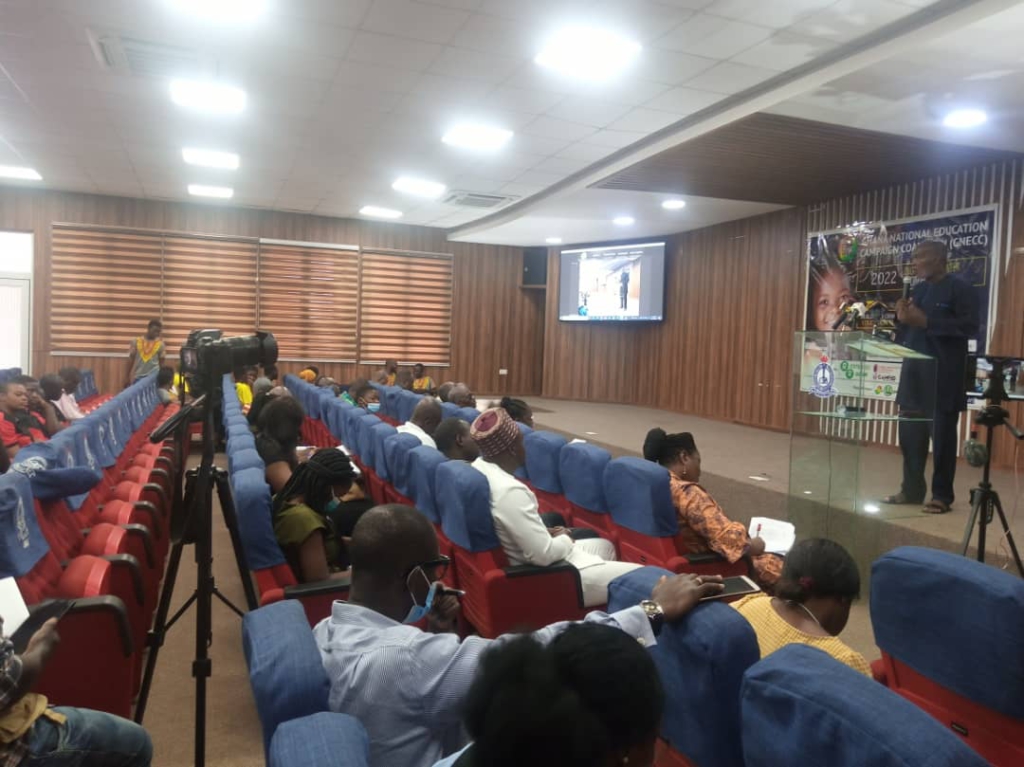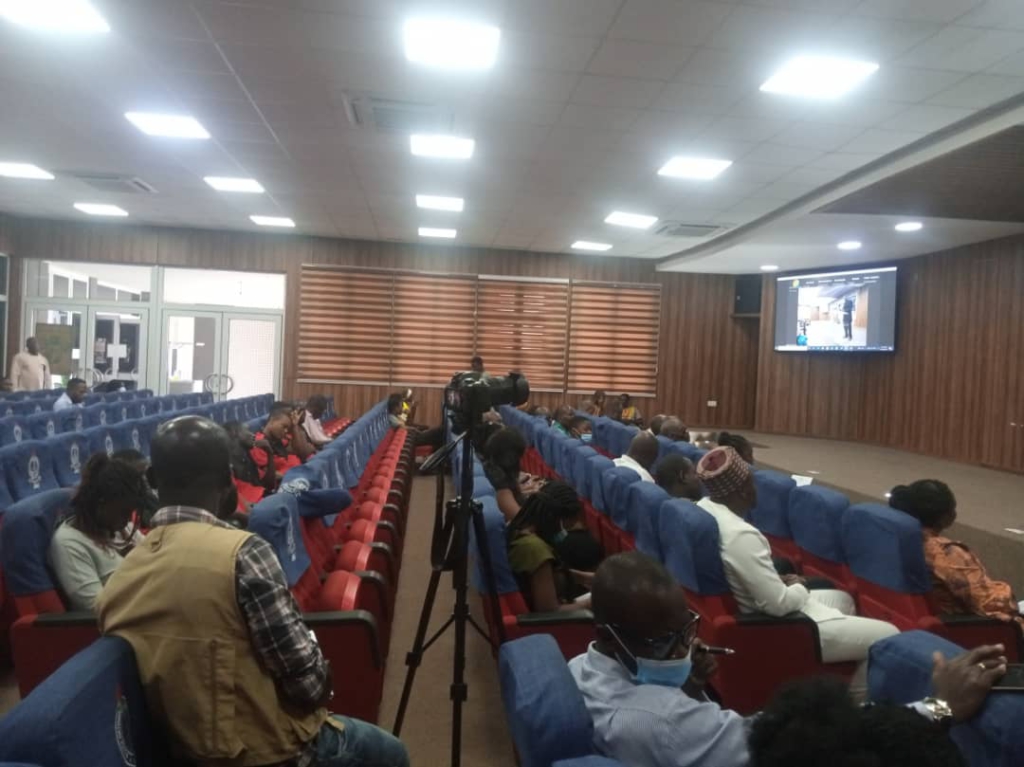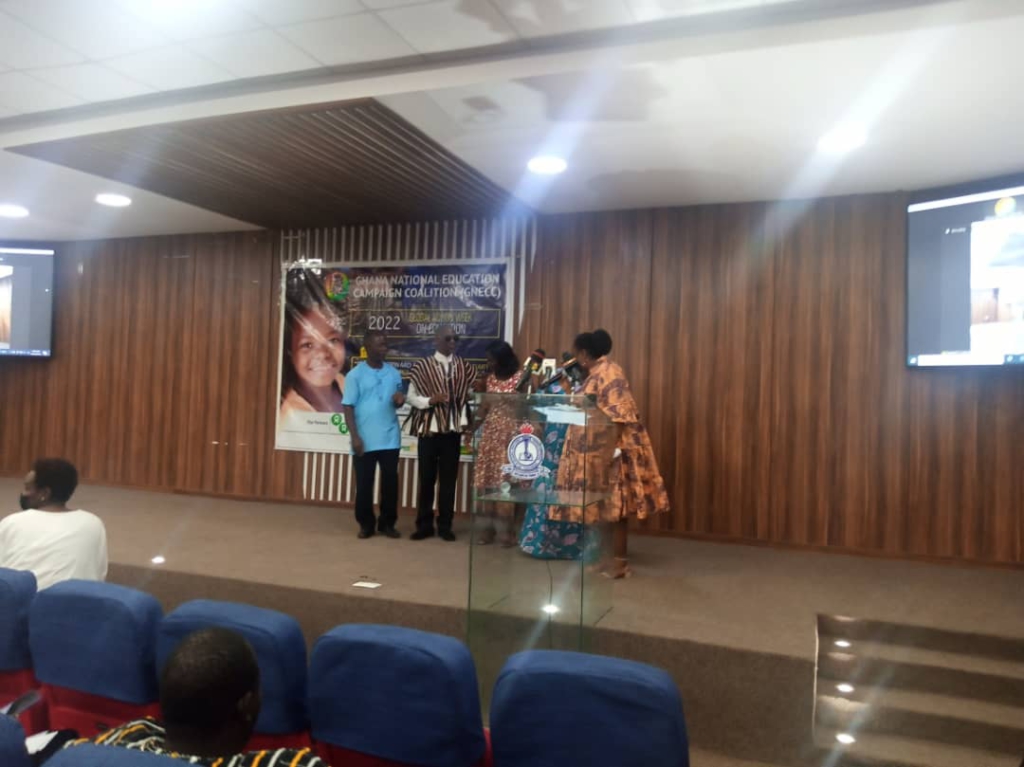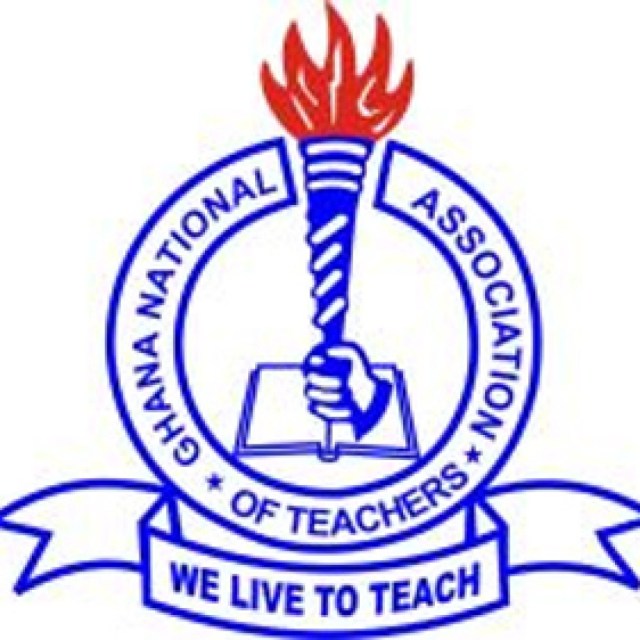The Ghana National Association of Teachers (GNAT) says the country’s pre-tertiary education sector is in dire crisis and needs to be salvaged as soon as possible.
Deputy General Secretary for GNAT, in Charge of Education and Professional Development, Kwame Dagbandow, said this in a Keynote address delivered on his behalf by Palham Oyeye, at the launch of the Global Action Week for Education (GAWE) on Monday.
He lamented that many issues have confronted the sector making it a shadow of its former self.
Mr. Dagbandow explained that capitation funds used to facilitate primary education for every child have been in arrears since 2019.
The situation, according to him, has forced many heads of public schools to operate on credit.

“Since 2019, this is the most pathetic one, which breaks some of us down. The capitation grant has been in arrears and we have our education in crisis.
The Deputy General Secretary also reiterated the lack of textbooks since the introduction of the new curriculum by National Council for Curriculum and Assessment (NaCCA).
Describing the situation as pathetic, Mr. Dagbandow said the issue has made education more expensive for pupils in public schools since the provision of books have been left to “education business individuals.”
“This is a tragedy in our education delivery in Ghana. Let us be reminded that education as we Unions will term it, is not a commodity and must not be for sale for the highest bidder nor should it be privatized.
“Education is a public good and it must be enjoyed by all,” he stated.

The Deputy General Secretary, thus, called on government to as a matter of urgency, turn its attention to the pre-tertiary education institutions, particularly, basic schools.
He opined that should government neglect their calls, the country will have more social issues to battle in the near future.
“If you want to step up education and ensure that the children of today actually have access to quality education, it is important that all of us, including government, need to be strongly committed. Not just verbal commitment but one that will provide resources available for the development of these children.
Chairperson of the event, Dr. Esther Oduraa Ofei-Aboagye in her closing remarks charged government to heed the calls of stakeholders in the education sector.
She insisted that government exhibits more good faith since the future of children and the country are at stake.
“It is important for all of us to get our hands to the wheel and focus on what we want as a nation to realise SDG 4. We won’t stop, we have to persist and pursue what we want. We want our government to show good faith.
“They may be very well-intentioned but when we invite them to events like these and they don’t turn up, it doesn’t speak well and doesn’t signal the good intention that they want to send across. We need to see more in this regard,” she noted.

This year’s Global Action Week for Education (GAWE) celebration was launched under the theme; “Building Forward a Resilient Pre-Tertiary Education through Inclusive Planning”.
It seeks to bring together relevant stakeholders to dialogue on actions for education in time of emergencies.
It also aims to increase domestic funding of education targeted at marginalised groups and extend the inclusivity of education to all children.
The Ghana National Education Campaign Coalition (GNECC) which is steering the week-long event will undertake regional programmes during the stipulated period.

